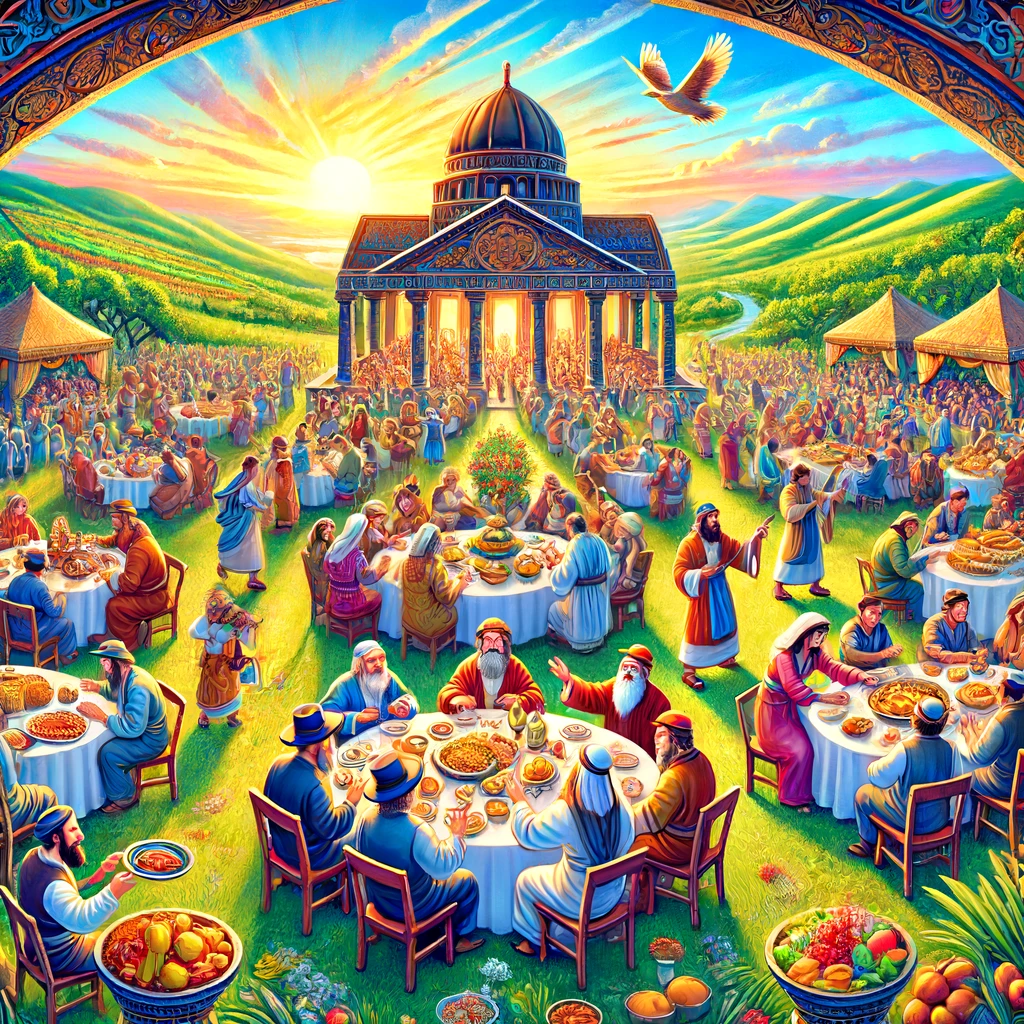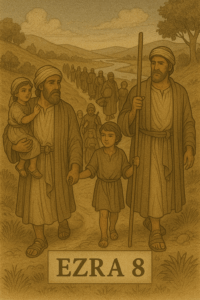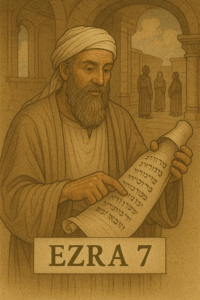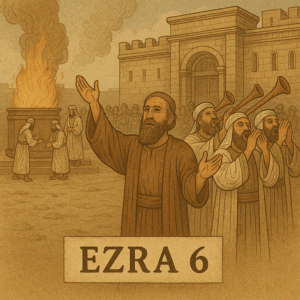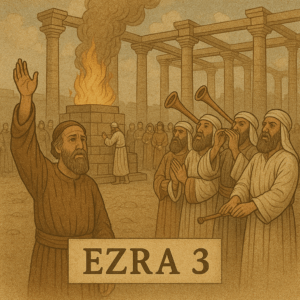Deuteronomy 16 is a chapter where Moses instructs the Israelites on the observance of the three major festivals: Passover, the Feast of Weeks, and the Feast of Tabernacles. These celebrations are central to the Israelites’ worship and community life, fostering faith, gratitude, and communal harmony.
The Context of Deuteronomy 16.
In Deuteronomy 16, Moses addresses the Israelites, providing specific guidelines on how to celebrate these three major festivals. Each festival has its unique significance and rituals, all designed to remind the Israelites of God’s provision and their covenant relationship with Him.
Key Themes in Deuteronomy 16.
- Passover: The Passover festival commemorates the Israelites’ deliverance from Egypt. Moses instructs the Israelites to celebrate Passover by sacrificing a lamb and eating unleavened bread, symbolizing their swift departure from bondage.
- Feast of weeks: Also known as Pentecost, the Feast of Weeks occurs seven weeks after Passover. It is a time of thanksgiving for the harvest and a celebration of God’s provision. Moses instructs the Israelites to offer freewill offerings and rejoice before the Lord.
- Feast of tabernacles: This festival, also known as Sukkot, commemorates the Israelites’ 40 years of wandering in the wilderness. It is a time of rejoicing and thanksgiving for the harvest, with the Israelites living in temporary shelters to remember their ancestors’ journey.
- Faith and gratitude: Each festival emphasizes faith and gratitude. The Israelites are reminded to give thanks to God for His provision and to remember His mighty acts of deliverance.
- Community and worship: The festivals foster a sense of community and collective worship. The Israelites gather to celebrate, offer sacrifices, and share meals, strengthening their communal bonds and collective faith.
Lessons from Deuteronomy 16.
- Commemorating God’s acts: The festivals are opportunities to remember and celebrate God’s mighty acts of deliverance and provision. They teach us the importance of gratitude and remembrance in our faith journey.
- Expressing gratitude: The festivals emphasize the importance of expressing gratitude for God’s blessings. By offering sacrifices and rejoicing before the Lord, we acknowledge His provision and care.
- Building community: Celebrating together strengthens the community. The festivals remind us of the importance of gathering as a faith community to worship, celebrate, and support one another.
- Obedience to God’s commands: Observing the festivals as instructed by God demonstrates obedience and devotion. It reinforces the importance of following God’s commandments in our worship practices.
Conclusion.
Deuteronomy 16 provides essential guidelines for celebrating the major festivals of Passover, Feast of Weeks, and Feast of Tabernacles. As we reflect on this chapter, we are reminded of the importance of commemorating God’s acts, expressing gratitude, building community, and obeying God’s commands. These festivals enrich our faith and strengthen our communal bonds, fostering a deeper relationship with God and with one another.
